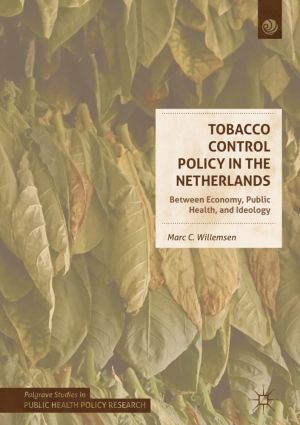
Governments have known since the 1960s that smoking results in irreversible health damage. This book examines why governments have done so little to combat this when they have been aware of the problem and its solutions for decades. What are the strategies and decisions that make a difference, given that policy environments are often not conducive ...

This book deals with one the most interesting aspects of human life - the search for meaning. It discusses how the science of semiotics is equipped to provide insight on what meaning is and how we produce it. Why is it that certain people routinely put their survival at risk by smoking? Why is it that some women make locomotion difficult for themse...
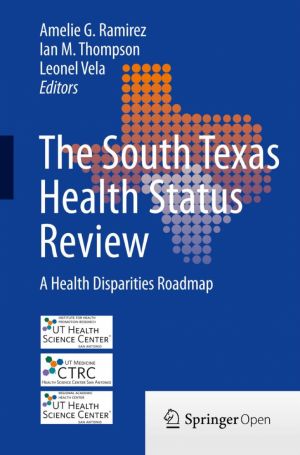
As America's most populous state goes, so goes the nation. And within that state, the 38 counties comprising South Texas - a highly populated, largely Hispanic area characterized by high uninsured rates and low numbers of health care providers - are emblematic of nationwide crises in public health.
The South Texas Health Status Review: A Heal...

Using longitudinal data from the Swiss Household Panel to zoom in on continuity and change in the life course, this book describes how the lives of the Swiss population have changed in terms of health, family circumstances, work, political participation, and migration over the last sixteen years. What are the different trajectories in terms of mobi...

This book describes methods of mortality forecasting and discusses possible improvements. It contains a selection of previously unpublished and published papers, which together provide a state-of-the-art overview of statistical approaches as well as behavioural and biological perspectives. The different parts of the book provide discussions of cu...

This book presents the roles and mechanisms of signal transduction triggered by nicotinic acetylcholine receptors (nAChRs) stimulation in neuroprotection against toxic effects of risk factors of neurodegenerative diseases. Accumulating evidence suggests that nAChRs in the CNS play important roles not only in excitatory neurotransmission but also in...

This book explores the question of who or what 'the public' is within 'public health' in post-war Britain. Drawing on historical research on the place of the public in public health in Britain from the establishment of the National Health Service in 1948, the book presents a new perspective on the relationship between state and ...
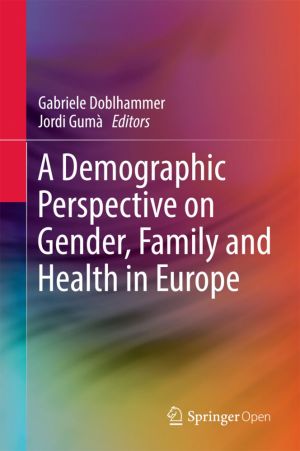
This free book examines the triangle between family, gender, and health in Europe from a demographic perspective. It helps to understand patterns and trends in each of the three components separately, as well as their interdependencies. It overcomes the widely observable specialization in demographic research, which usually involves researchers stu...
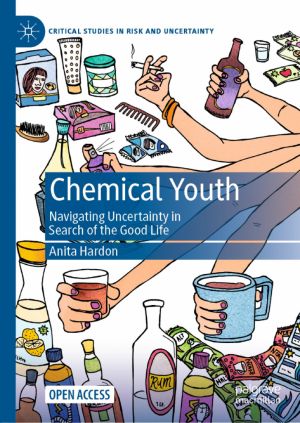
This open book explores how young people engage with chemical substances in their everyday lives. It builds upon and supplements a large body of literature on young people’s use of drugs and alcohol to highlight the subjectivities and socialities that chemical use enables across diverse socio-cultural settings, illustrating how young people seek ...
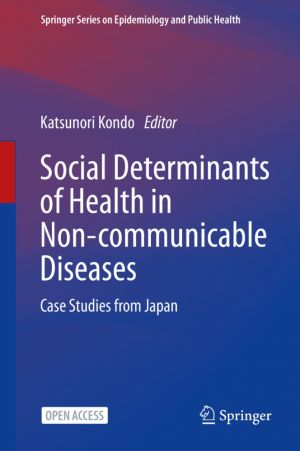
This open book is the first compilation that reviews a wide range of social determinants of health (SDHs) for non-communicable diseases (NCDs) and healthy ageing in Japan. With the highest life expectancy and the largest elderly population in the world, Japan has witnessed health inequality by region and social class becoming more prevalent since t...
